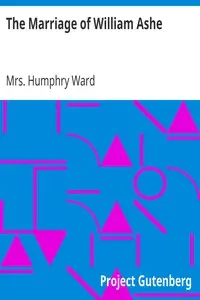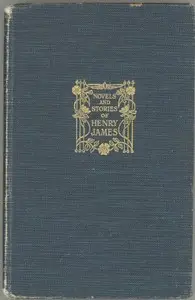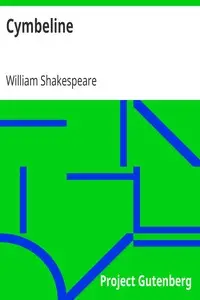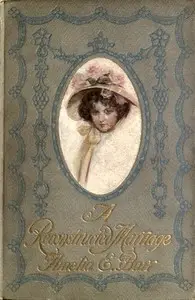"The Imaginary Marriage" by Henry St. John Cooper is a captivating story of love and deception set in British high society, where the formidable Lady Linden manipulates her niece Marjorie's romantic destiny, trying to force her to marry the rich Hugh Alston instead of Tom Arundel. Consequently, Hugh gets caught in a scheme and pretends to be married to Joan Meredyth, an invention that will spin a sticky web of affection, mistaken impressions, and pressures from the world around them. As Hugh and Joan struggle with the fallout from this elaborate lie, they are presented with challenges that drive them to confront their long-buried emotions and the true nature of their feelings. This novel offers an exploration into the way that societal expectations and misunderstandings can impact genuine emotions and the pursuit of happiness.
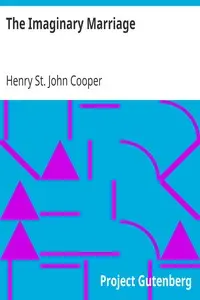
The Imaginary Marriage
By Henry St. John Cooper
In British society, a tangled romantic relationship is woven when a false marriage declaration leads to concealed emotions coming out, and the participants must face an array of errors and societal obstacles.
Summary
About the AuthorCharles Henry St. John Cooper was a prolific English novelist of school and adventure fiction. He wrote thousands of stories for several Amalgamated Press papers, sometimes under the pen name Mabel St. John. He is perhaps best known for creating, in 1908, the character Pollie Green, considered the "most popular, though not the first, in a series of irrepressible schoolgirl heroines". According to his son, he also wrote many "authorless" Sexton Blake stories for the Union Jack. His novel Sunny Ducrow was adapted into a 1926 film, Sunny Side Up.
Charles Henry St. John Cooper was a prolific English novelist of school and adventure fiction. He wrote thousands of stories for several Amalgamated Press papers, sometimes under the pen name Mabel St. John. He is perhaps best known for creating, in 1908, the character Pollie Green, considered the "most popular, though not the first, in a series of irrepressible schoolgirl heroines". According to his son, he also wrote many "authorless" Sexton Blake stories for the Union Jack. His novel Sunny Ducrow was adapted into a 1926 film, Sunny Side Up.

